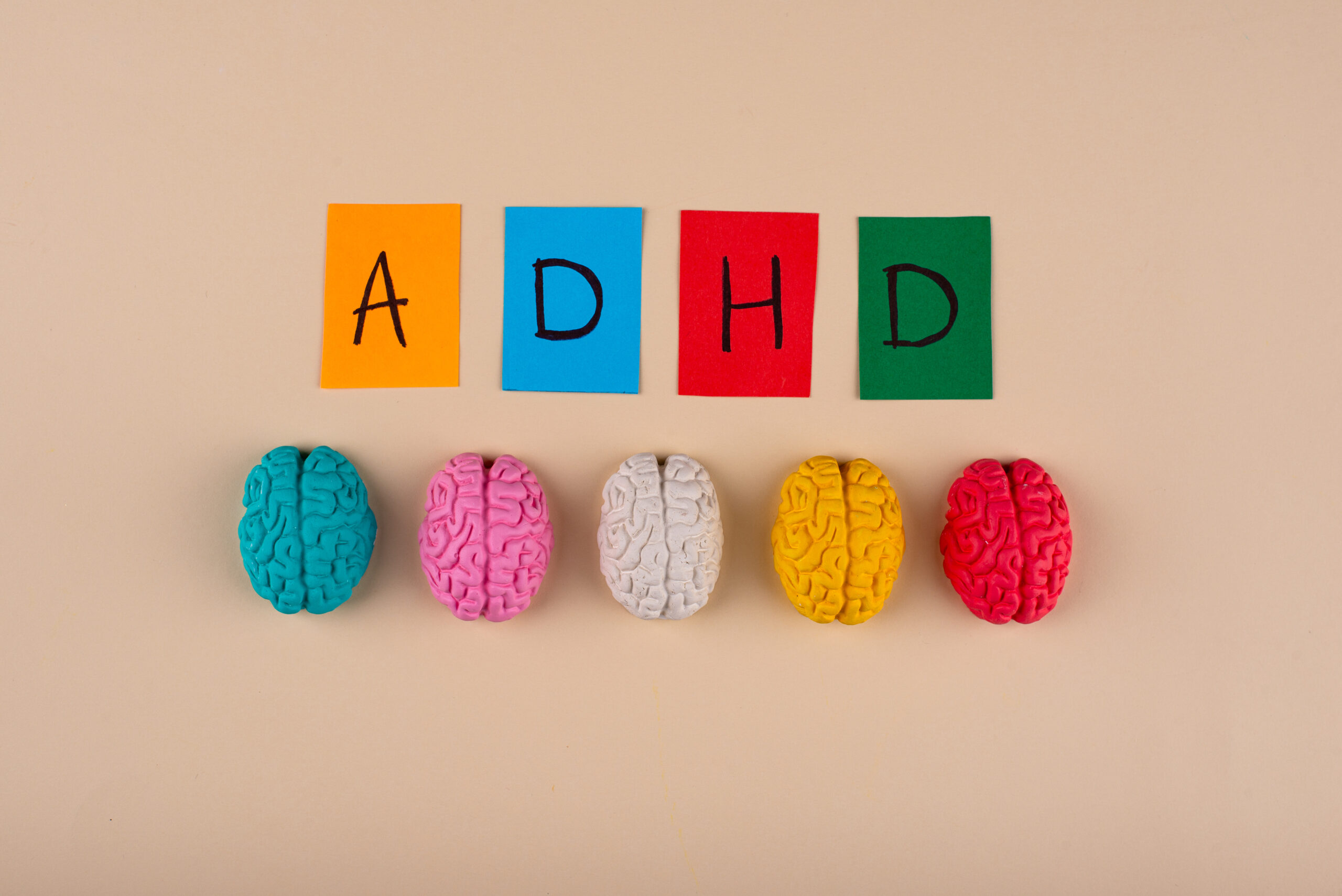Attention Deficit Hyperactivity Disorder (ADHD) is one of the most commonly diagnosed neurodevelopmental disorders, affecting millions of people in the United States. Despite its prevalence, there’s still a lot of confusion about whether ADHD is classified as a disability. For individuals living with ADHD — and for parents, educators, and employers — understanding how ADHD is categorized and what resources are available is essential.
What is ADHD?
ADHD is a neurological condition that affects a person’s ability to focus, regulate impulses, and manage daily tasks. It’s typically diagnosed in childhood, but many individuals continue to experience symptoms into adulthood. The three main types of ADHD are:
- Inattentive Type – Difficulty focusing, following through on tasks, and organizing information.
- Hyperactive-Impulsive Type – Excessive movement, restlessness, and impulsive behavior.
- Combined Type – A combination of inattentive and hyperactive-impulsive symptoms.
ADHD impacts executive functioning — the part of the brain responsible for planning, decision-making, and self-control. As a result, individuals with ADHD may struggle in school, at work, and in relationships.
Is ADHD Legally Recognized as a Disability?
Yes — ADHD is recognized as a disability under certain legal frameworks. In the United States, ADHD is covered under the following laws:
1. Americans with Disabilities Act (ADA)
The ADA defines a disability as a physical or mental impairment that substantially limits one or more major life activities. Since ADHD affects concentration, working, learning, and communication, it can qualify as a disability under the ADA. This means that individuals with ADHD are entitled to reasonable accommodations in the workplace and other public settings.
Examples of workplace accommodations for ADHD might include:
- Flexible work hours
- Noise-canceling headphones or a quiet workspace
- Task management tools or reminders
- Extra time for assignments or tests
2. Individuals with Disabilities Education Act (IDEA)
In educational settings, ADHD is also recognized under IDEA. This law ensures that children with disabilities receive appropriate educational support. If a child’s ADHD significantly impacts their learning, they may qualify for an Individualized Education Program (IEP) or a 504 Plan.
An IEP or 504 Plan can provide:
- Extra time on tests
- Modified homework assignments
- Support with note-taking and organization
- One-on-one attention from a special education teacher
3. Social Security Disability Insurance (SSDI)
In some cases, individuals with severe ADHD may qualify for SSDI benefits if their condition prevents them from maintaining gainful employment. However, this is less common, as the Social Security Administration has strict criteria for determining eligibility.
Challenges of Labeling ADHD as a Disability
While recognizing ADHD as a disability provides important legal protections, it also comes with social and emotional challenges. Some people with ADHD worry about the stigma associated with the term “disability.” They may feel that being labeled as disabled defines them by their limitations rather than their strengths.
It’s important to understand that ADHD is a spectrum disorder — its impact varies from person to person. Some people with ADHD thrive with minimal support, while others require more structured assistance to succeed. Recognizing ADHD as a disability isn’t about labeling someone as incapable — it’s about ensuring that they have access to the tools and support they need to reach their full potential.
Why Understanding ADHD as a Disability Matters
Labeling ADHD as a disability isn’t about limiting individuals — it’s about empowering them. When people with ADHD have access to appropriate accommodations and support, they can thrive academically, professionally, and socially.
Understanding ADHD as a disability also helps reduce stigma. It encourages employers, educators, and healthcare providers to take ADHD seriously and treat it with the same consideration as other health conditions.
ADHD is legally recognized as a disability under the ADA and IDEA, giving individuals access to important resources and accommodations. While the idea of labeling ADHD as a disability can feel uncomfortable, it’s ultimately about ensuring that people with ADHD have the support they need to succeed. At Avise Wellness, we believe that ADHD doesn’t define you — but understanding it is the first step toward managing it and thriving in all areas of life.


